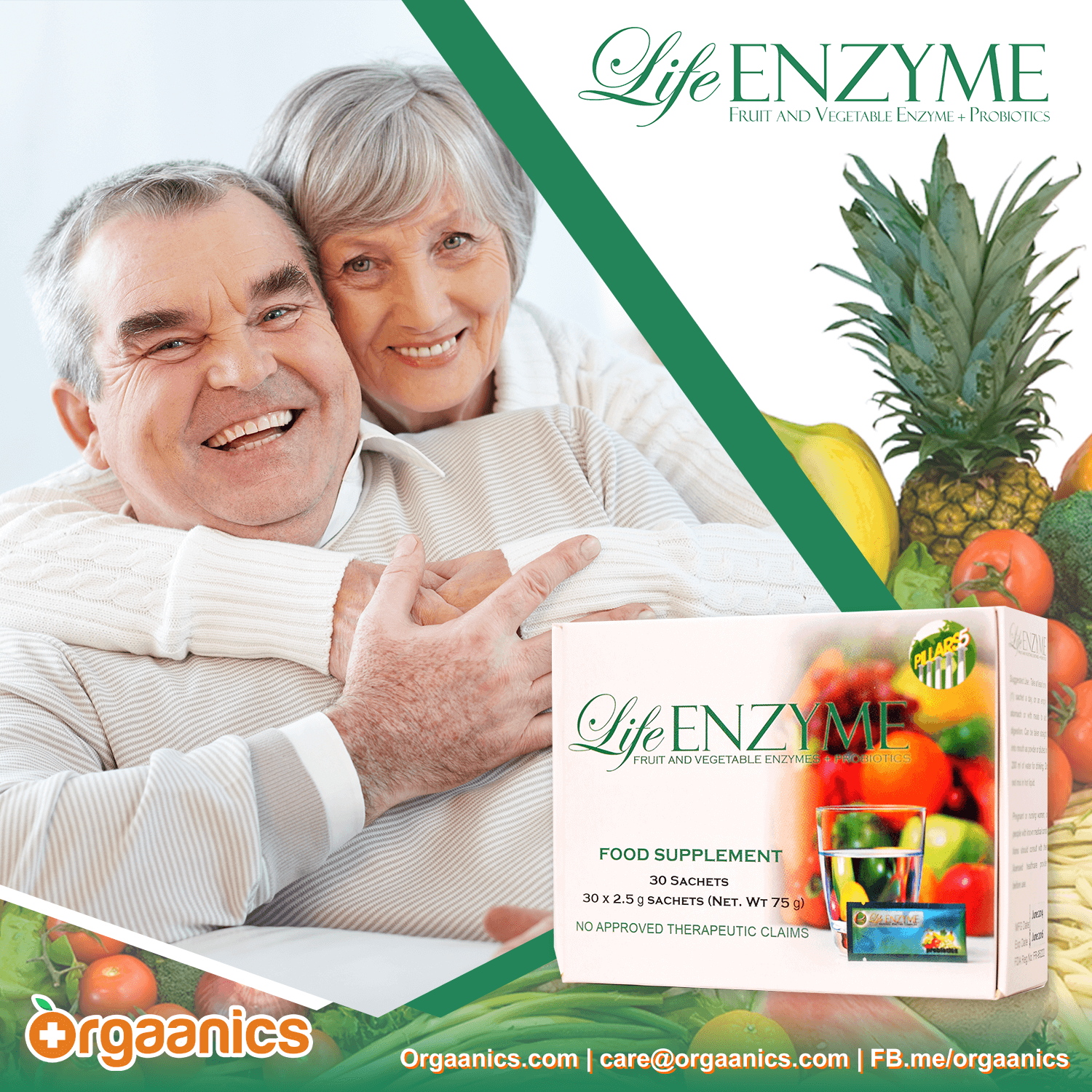Aging is linked to a variety of changes in the body, including muscle loss, thinner skin, and less stomach acid. Some of these changes can make you prone to nutrient deficiencies, while others can affect your senses and quality of life. Below are some ways aging affects your nutritional needs as you age.
Nutrient Deficiencies
Studies have estimated that 20% of older adults have atrophic gastritis, a condition in which chronic inflammation has damaged the cells that produce stomach acid. Low stomach acid can affect the absorption of nutrients, such as vitamin B12, calcium, iron, and magnesium. This is an example of the nutritional deficiencies you can develop as you get older.
Changing Caloric Needs
Another challenge of aging is a reduced need for calories. Unfortunately, this creates a nutritional dilemma. Older adults need to get just as much, if not more, of some nutrients, all while eating fewer calories. Fortunately, eating a variety of whole foods and taking a supplement can help you meet your nutrient needs.
Less Recognition of Vital Senses
Another issue people may experience as they age is a reduction in their body’s ability to recognize vital senses like hunger and thirst. This could make you prone to dehydration and unintentional weight loss. Also, the older you get, the harsher these consequences may be.
Fewer Calories but More Nutrients
A person’s daily calorie needs depend on their height, weight, muscle mass, activity level, and several other factors. Older adults may need fewer calories to maintain their weight since they tend to move and exercise less and carry less muscle.
If you continue to eat the same number of calories per day as you did when you were younger, you could easily gain extra fat, especially around the belly area. This is especially true in postmenopausal women, as the decline in estrogen levels seen during this time may promote belly fat storage.
However, even though older adults need fewer calories, they need just as high or even higher levels of some nutrients, compared to younger people. This makes it very important for older people to eat a variety of whole foods, such as fruits, vegetables, fish and lean meats. These healthy staples can help you fight nutrient deficiencies without expanding your waistline.
Nutrients that become especially important as you age include protein, vitamin D, calcium and vitamin B12.
As you get older, be more vigilant about the foods you eat and don’t eat. Avoid nutritional deficiencies for good and take Life Enzyme from Orgaanics.

